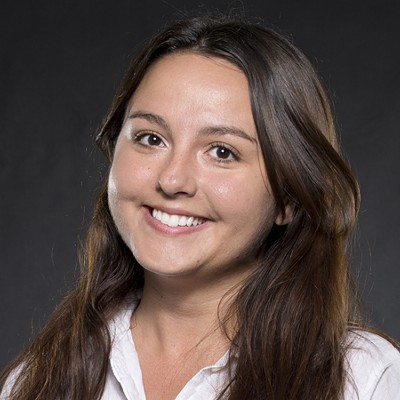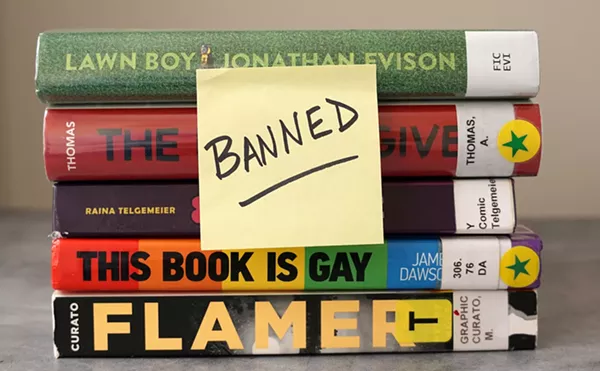“My husband and I are Jewish, but we couldn't see putting our newborn through the trauma and exposing him to the complications,” Wald explains. “Every circumcision has complications, by the way, because of the lifelong damage it does to the organ.”
The bris, however, is a Jewish tradition dating back thousands of years, to Abraham, the biblical patriarch of Judaism. Instead of having a
In 1991, Ron Goldman, a Boston physician, founded the Circumcision Resource Center after attending a bris. “It was clearly an unsettling experience, hearing the infant at the top of his lungs for 20 minutes,” Goldman recalls. “His mother was crying too. I don't think she realized how invasive circumcision is.”
He's spent the past 24 years conducting studies and writing books on the psychological side effects of the procedure and lectures around the world. He's found that the effects of circumcision include anger toward parents, shame, distress, low self-esteem, avoidance of intimacy, sexual anxieties, and depression.
Wald, a Florida attorney, also weighs in on the legal issues surrounding circumcision. “This is such an engrossing topic for me because it involves legal, ethical, religious, and health concerns,” she says. “I have a 10-year-old son who isn't circumcised. So for me, it's not just theoretical.”
Naming ceremonies have been around for a long time, but the movement gained popularity in the 1970s. But the families would bring in a rabbi and keep the ceremony to themselves.
In 2010, Wald launched Beyond the Bris, a go-to website for Jewish families opting out of circumcision. At first, she says, the number of Jewish parents opting out of the traditional bris ceremony was extremely small. A few years ago, she put a call out on social media that she wanted to collect photos of Jewish families at the naming ceremonies. She received only a couple. Recently, however, Wald made a similar request and says her inbox was flooded with photos of Jewish families from all over the country. “We're still a minority,” Wald says, “but the movement is quickly growing.”
In May, Wald coauthored Celebrating Brit Shalom, the first book written specifically for Jewish families that have decided not to circumcise. Her coauthor, Lisa Braver Moss, is equally as passionate as Wald and has been involved in Judaism reform for years. The book includes three complete alternative bris ceremonies and even sheet music to original songs. It's meant to act as a guide for the rabbi (or other “leader”) who is officiating.
“I'm a bit surprised, but the book is actually selling. Parents and rabbis are using it just as we intended. I think this alone is evidence that we've got some momentum here.”
In November, Wald and Moss will travel to Orlando for the Union for Reform Judaism's 2015 biennial event, where more than 4,000 rabbis will meet. They have a booth and are eager to see how their message will be received.
“We haven't gotten backlash from the Jewish community. I'm sure there will be some people who don't like what we're about,” she says. “It doesn't matter. We're not going away. This movement is bigger than a website or a book. It's about parents sticking up for the rights of their sons.”








